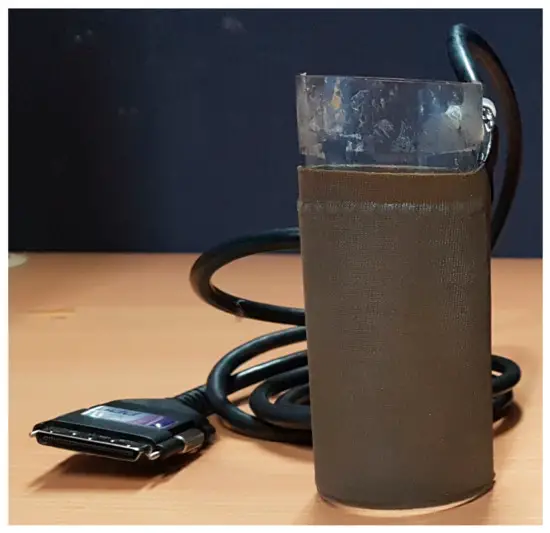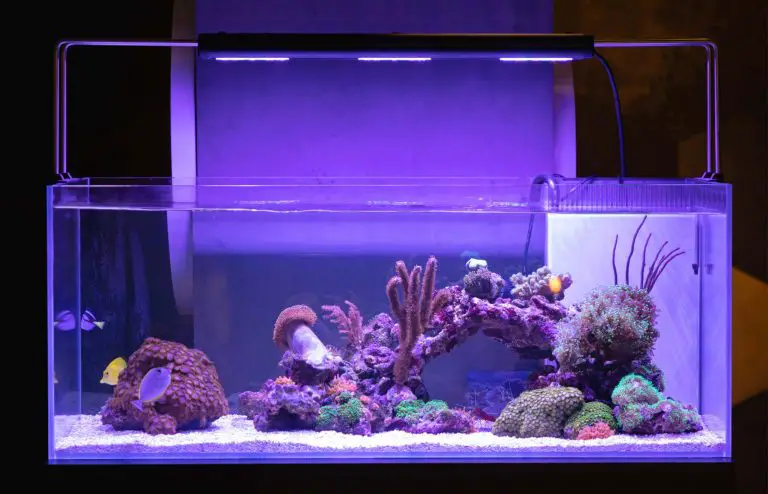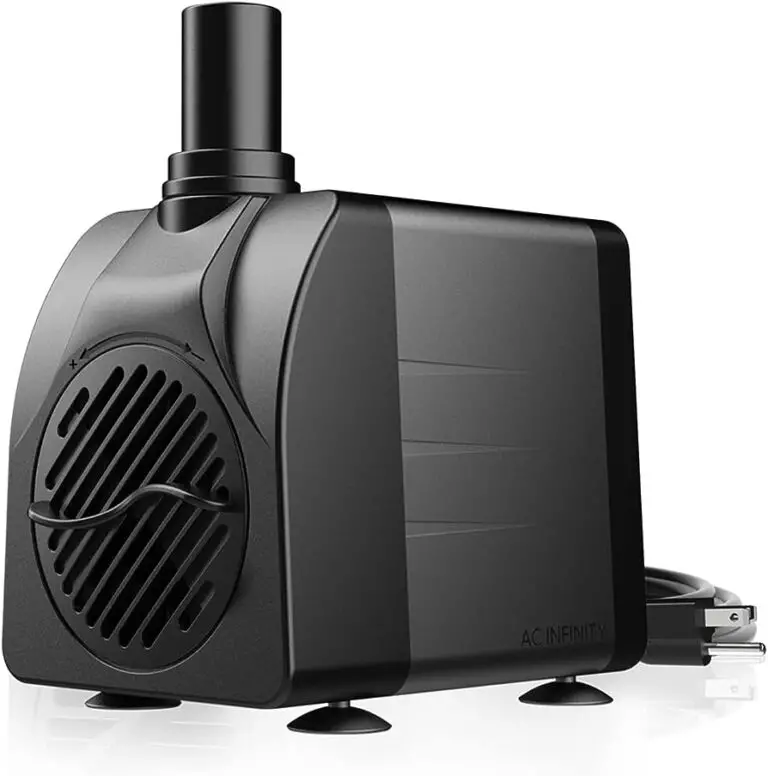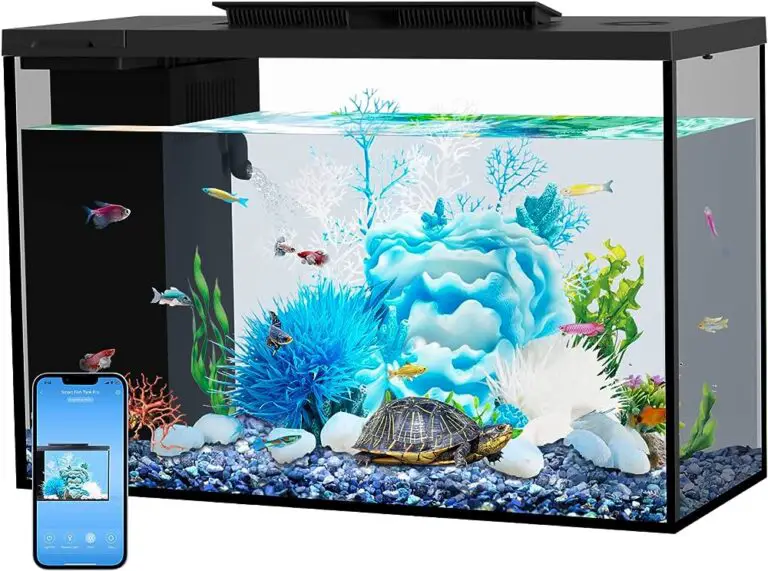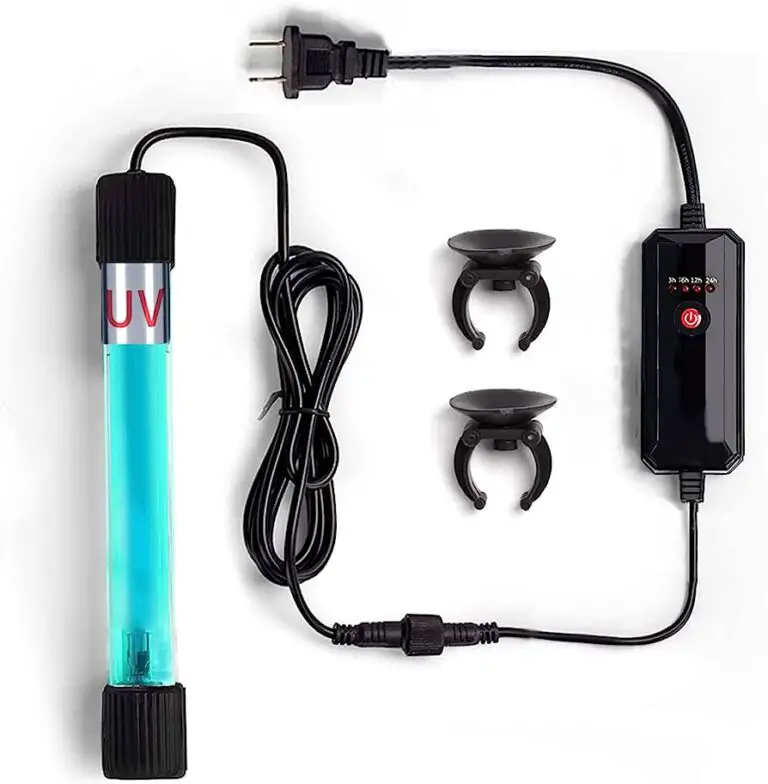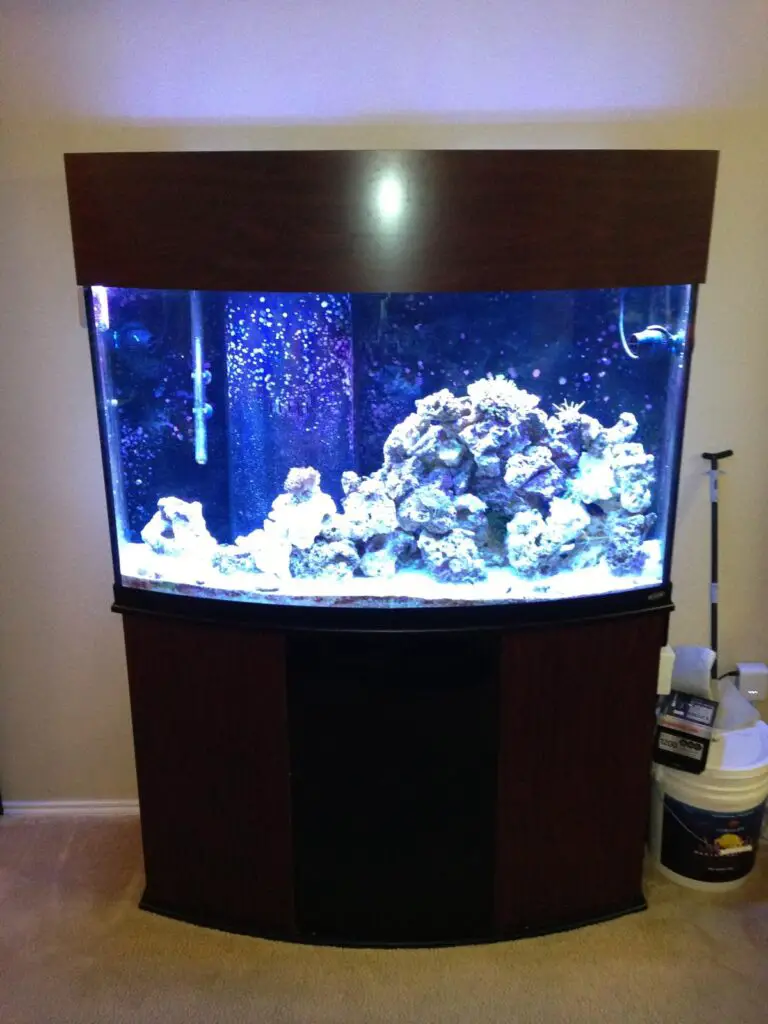Surprising Stats: Do Aquarium Filters Use A Lot Of Electricity?
Aquarium filters are essential for maintaining clean and healthy water for your fish. However, many aquarium owners are concerned about the electricity consumption of these filters. The question arises: do aquarium filters use a lot of electricity?
The answer to this question depends on the type of filter you use, the size of your aquarium, and the number of fish you have. Some filters consume more electricity than others, and larger aquariums require more power to run. Additionally, factors such as the type of lighting and heating you use can also impact electricity usage.
Understanding the electricity consumption of different aquarium filters is crucial for making informed decisions about your aquarium setup. By knowing which filters are more energy-efficient, you can reduce your electricity usage and save money on your monthly bills.
Key Points
- The amount of electricity used by an aquarium filter depends on the type of filter, the size of your aquarium, and the number of fish you have.
- Understanding the electricity consumption of different filters can help you make informed decisions about your aquarium setup and reduce your monthly bills.
- There are several ways to reduce your aquarium’s electricity usage, including using energy-efficient filters, LED lighting, and adjusting your heating settings.

The Surprising Stats Behind Aquarium Filter Electricity Usage
Aquarium filters are an essential component of maintaining a healthy aquatic environment. While they do consume electricity, the amount varies depending on several factors. Different filter types have different energy usage, so it’s crucial to compare them. Additionally, the size of the filter plays a role in electricity consumption.
Larger filters tend to require more power. Understanding these facts can help aquarium owners make informed decisions when it comes to selecting a filter that suits their needs. By considering the relationship between filter type, size, and electricity usage, it is possible to minimize energy consumption without compromising the cleanliness and well-being of the aquarium inhabitants.
It’s important to keep in mind that while aquarium filters do use electricity, there are ways to optimize their energy efficiency and lessen their impact on the environment.
Factors That Influence Aquarium Filter Electricity Consumption
Factors that affect the electricity consumption of aquarium filters vary. One such factor is the size of the aquarium. Smaller aquariums tend to use less electricity compared to larger ones. Another crucial factor is the water flow rate. Filters with higher flow rates generally consume more electricity.
Additionally, the type of filtration media used in the filter can influence electricity consumption. Some filter media require more power to operate effectively. Therefore, it is essential to consider these factors when determining the electricity usage of an aquarium filter.
By understanding these influences, aquarium owners can make informed decisions about their filter’s energy consumption without compromising the health and well-being of their aquatic pets. Choosing the right filter and considering these factors can result in an energy-efficient and well-maintained aquarium system.
Tips To Minimize Electricity Usage Of Aquarium Filters
Aquarium filters can consume a considerable amount of electricity, but there are ways to minimize their usage. When choosing a filter model, consider energy-efficient options that suit your needs. Look for filters with adjustable settings for optimal energy-saving operation. By setting the filter to the right flow rate and only running it for necessary periods, you can reduce electricity consumption.
Regular maintenance is crucial not only for the filter’s effectiveness but also for energy efficiency. Clean the filter regularly and replace any worn-out parts to ensure it functions optimally. This helps to prevent clogs and reduces the strain on the motor, which in turn saves energy.
By following these tips and selecting the right filter, you can enjoy a well-maintained aquarium while minimizing electricity usage.
Frequently Asked Questions Of Do Aquarium Filters Use A Lot Of Electricity
How Much Electricity Do Aquarium Filters Use?
Aquarium filters typically use between 5-15 watts of electricity. The exact amount depends on the size of the filter and the water volume it is filtering. However, compared to other electrical devices in a household, aquarium filters use a relatively small amount of electricity.
Do Aquarium Filters Increase Electricity Bills?
While aquarium filters do use electricity, their impact on the overall electricity bill is minimal. The amount of electricity consumed by a filter is insignificant compared to other household appliances. Therefore, the increase in electricity bill due to aquarium filters is usually negligible.
Can Aquarium Filters Be Energy Efficient?
Yes, energy-efficient aquarium filters are available in the market. These filters are designed to minimize electricity consumption while still effectively filtering the water. They often come with adjustable flow rates and innovative technology to reduce energy usage. Investing in an energy-efficient filter can help in reducing electricity costs in the long run.
How To Reduce The Electricity Usage Of An Aquarium Filter?
To reduce the electricity usage of an aquarium filter, you can clean the filter regularly to prevent clogging. A clean filter will operate more efficiently, reducing the workload on the motor and thus consuming less electricity. Additionally, using a filter with adjustable flow rates allows you to lower the power consumption while still maintaining adequate filtration.
Are There Alternative Methods To Reduce Electricity Consumption In Aquariums?
Yes, there are alternative methods to reduce electricity consumption in aquariums. Some options include using low-energy led lights instead of traditional aquarium lights, using energy-efficient water heaters, and choosing aquarium equipment with lower wattage. Additionally, implementing proper insulation and electronic timers for lighting and equipment can further minimize electricity usage.
Conclusion
Overall, it is evident that while aquarium filters do consume electricity, the amount is relatively small compared to other household appliances. By investing in energy-efficient filters and properly maintaining them, aquarium owners can further minimize the electricity usage. Additionally, employing alternative power sources such as solar panels can significantly reduce the environmental impact associated with aquarium filters.
It is crucial to remember that the benefits of having a high-performing filter in terms of water clarity, fish health, and overall ecosystem balance outweigh the minimal electricity consumption. As responsible aquarium enthusiasts, it is our duty to strike a balance between the well-being of our aquatic pets and the energy efficiency of our filtration systems.
With careful consideration and smart choices, we can enjoy the beauty and tranquility of our aquariums while minimizing our ecological footprint.
